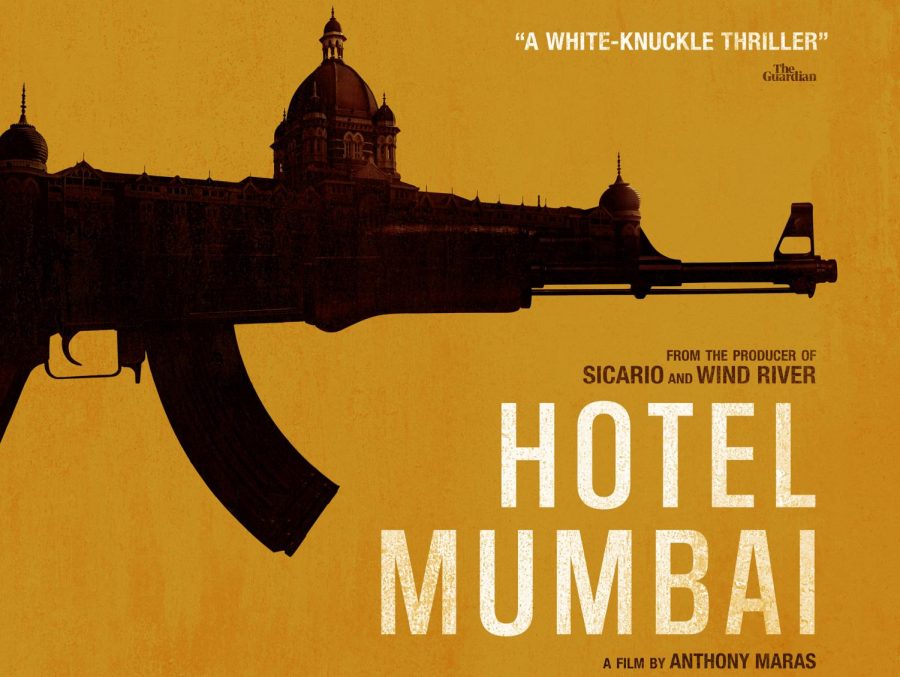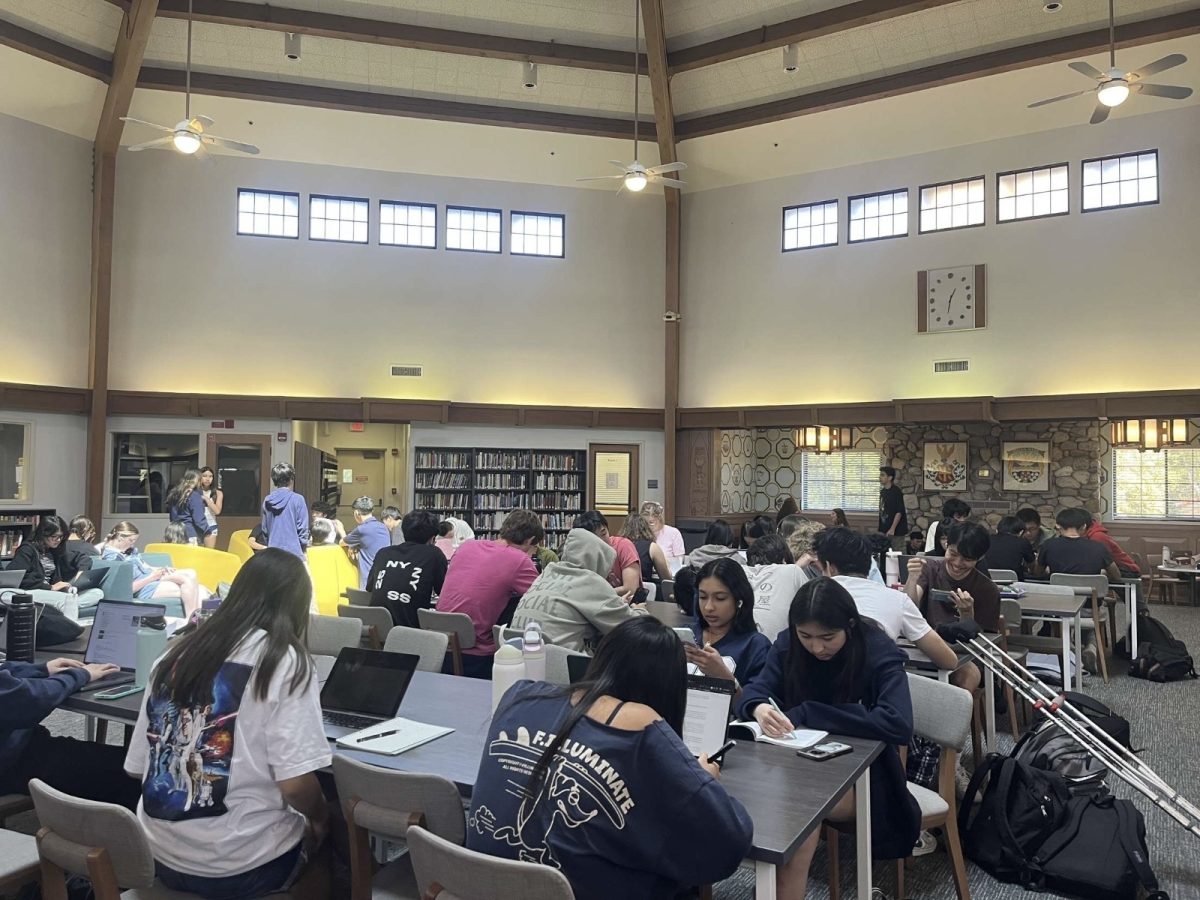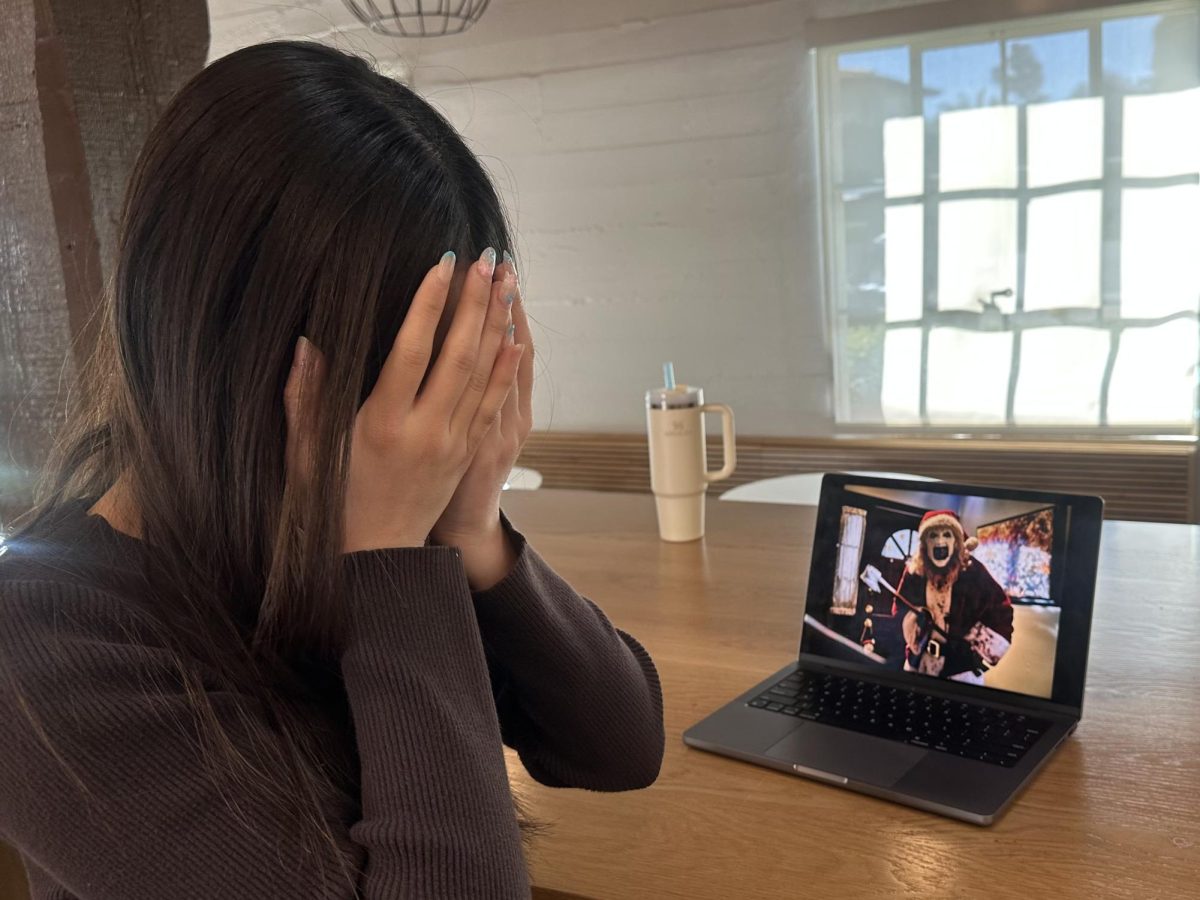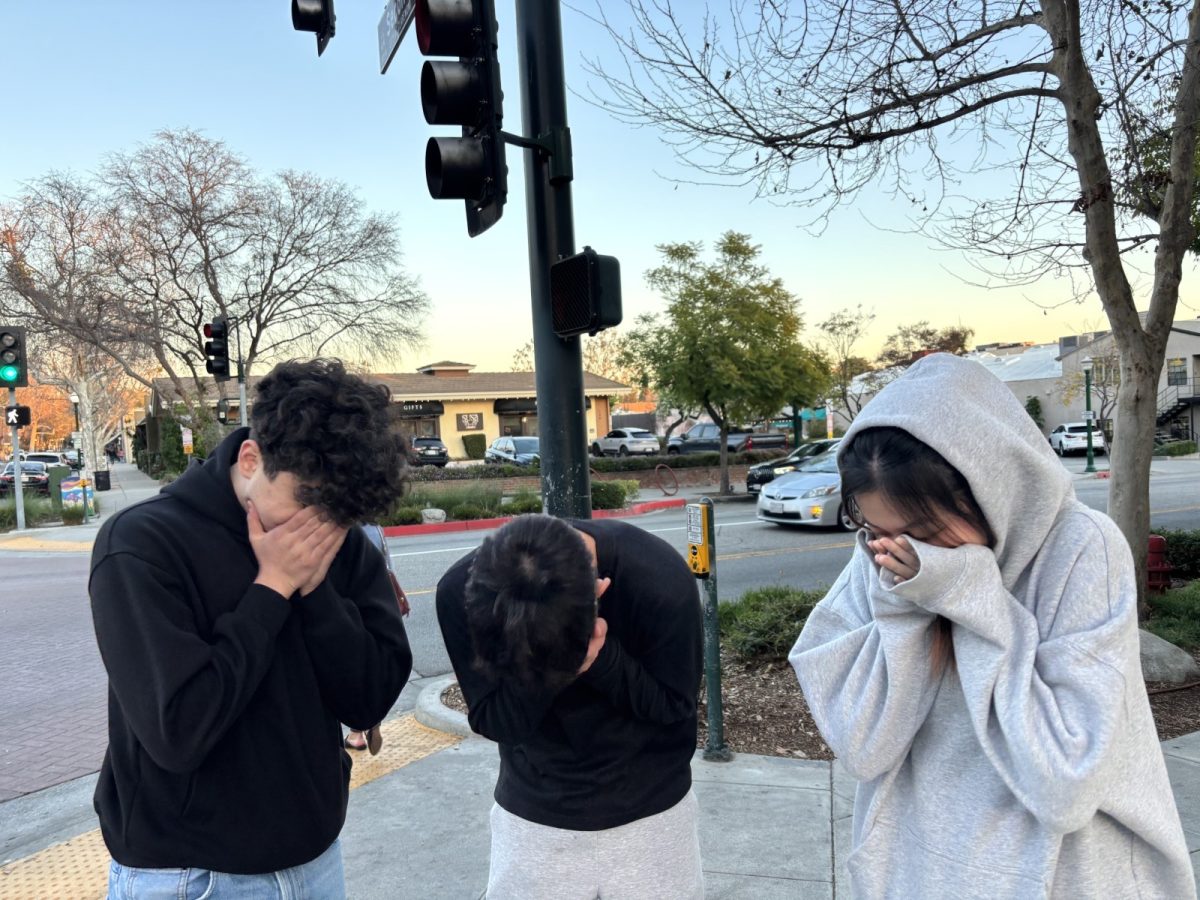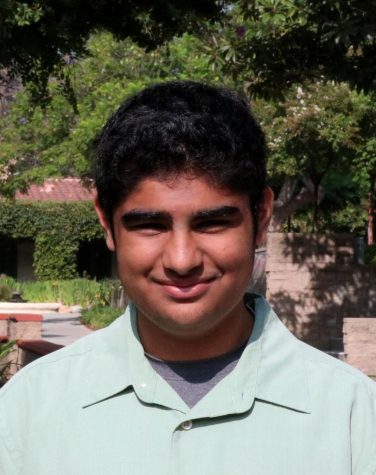On March 22nd 2019, Hotel Mumbai, a film starring Dev Patel, Armie Hammer, Nazanin Bondani, and Anupam Kher, was released in the United States. The 125-minute film is the production of Australian-American filmmaker Anthony Maras, and was written by Basil Iwanyk and John Collee. It recounts the attacks that occurred in the Taj Hotel in Mumbai, India’s biggest city, financial center, and the capital of Bollywood, on November 26th, 2008 (Indians know this day as 26/11).
For those who do not know what happened on 26/11, here is the short version:
Lakshir-e-Taliba, a Pakistan-based Jihadist group associated with the Pakistani government, sent 10 armed terrorists into Mumbai by raft. The group had already sent ‘scouts’ to observe the places that the terrorists were to attack, and determined that entering Mumbai through the harbor was the easiest way to avoid suspicion. The terrorists, armed with modern military-grade weaponry, split up, trying to inflict as much terror as possible. They left bombs in taxis that they took throughout the city, and attacked Chhatrapati Shivaji Terminus (one of the biggest train stations in the world, and Mumbai’s central rail station), The Oberoi Trident (a popular Mumbai hotel), Leopold Cafe (a Parsi cafe where many of the foreigners in Mumbai spent time), Cama Hospital (a hospital for women and children), Nariman House (a Jewish community centre), and, most noticeably, the Taj Hotel – one of the finest hotels in the world, and a symbol of Indian wealth and prestige.
The terrorists were listening to messages from their handlers in Pakistan, who inundated them with messages about how they would be graced by God for carrying out the attacks and massacring people (including many Muslims). They inundated them with messages about how India has caused widespread poverty in Pakistan – and how by attacking symbols of Indian wealth, they were gracing their country.
Hotel Mumbai focuses on the time before special forces evacuated almost everyone from the Taj Hotel – when the terrorists were still holding those in the hotel hostage. Specifically, it focuses on two hotel employees, a waiter (Dev Patel) and the head chef, Hemant Oberoi (played by Anupam Kher). Patel’s character is a combination of multiple people in the hotel, but Kher’s character, Oberoi, was truly the head chef at the Taj Mumbai during 26/11. During the attack, both Chef Oberoi and the waiter were stranded with the guests. Both could have left, but neither did – they lived by the phrase “Guest is God.” Many employees at the hotel, under the leadership of Chef Oberoi, stayed back and ensured the guests were safe – putting their own lives on the line. The movie focuses on the dedication of the hotel staff to their guests and shows the general timeline of events that occurred at the Taj Hotel.
The movie concludes with some facts about the attacks – it describes the fate of the coordinators of the attack, who were left to roam free in Pakistan, even after they were classified as terrorists internationally.
Stylistically, Maras does a fantastic job of making a tough topic accessible to viewers. Though the movie is extremely gory (many people are shot without any thought), Maras does a good job of using gore to strengthen his argument. He does not use gore just to initiate jump scares, or add a ‘horror’ twist to his movie.
Instead of focusing on covering the roots of the attack, or the magnitude of the attack across the city, Hotel Mumbai focuses on who the ‘unsung’ heroes were saving one of India’s most iconic hotels – the Taj Mumbai.
All in all, Hotel Mumbai is a well-made film covering a somewhat unknown topic.


